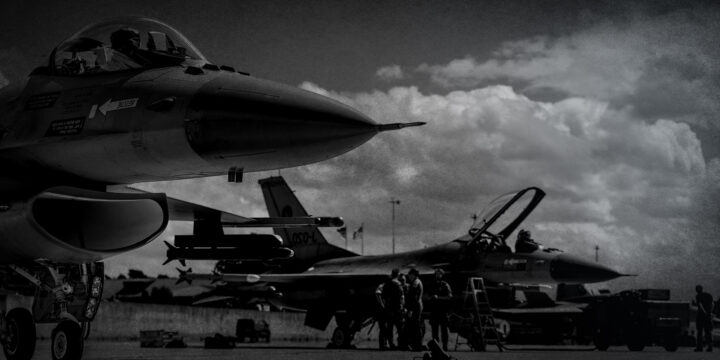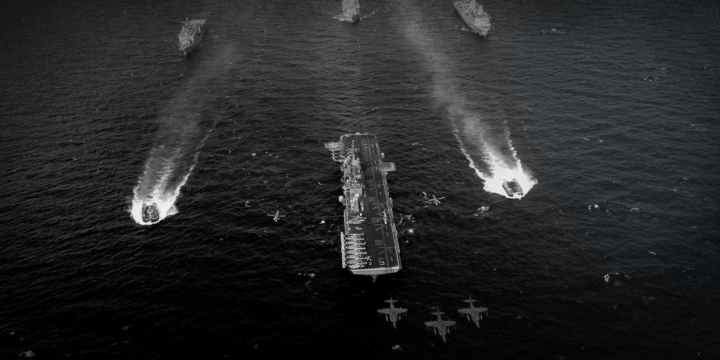October 24, 2024
Ukraine NATO membership for peace is a bad deal
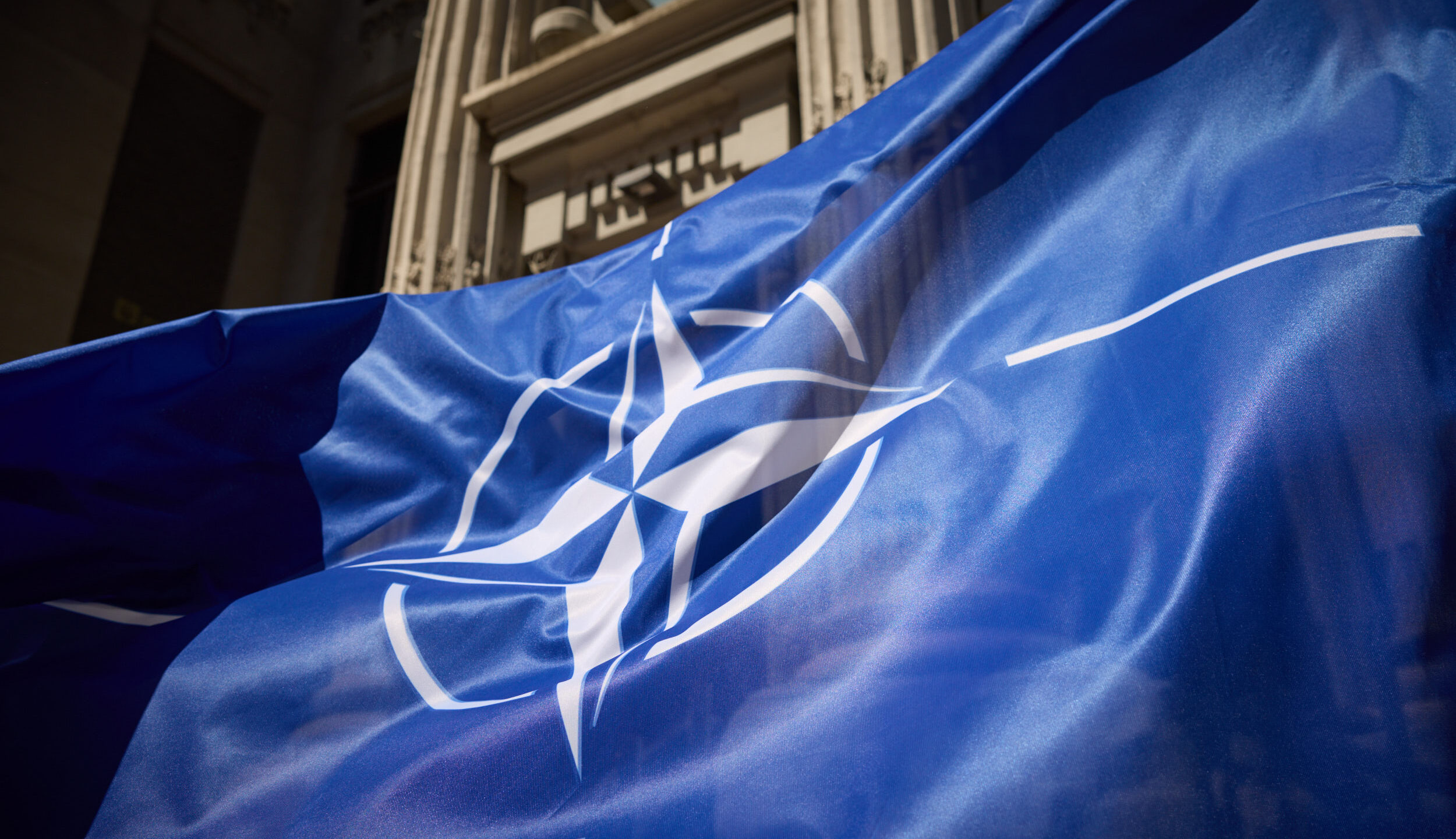
Despite the ebb and flow of the war in Ukraine, Ukrainian President Volodymyr Zelensky has been consistent about his overall objective: total victory. His November 2022 peace plan, which demands a full Russian withdrawal from Ukrainian territory, remains Kyiv’s official position. Zelensky’s so-called “Victory Plan,” the details of which were unveiled this month, is meant to increase the odds of success by pressuring Moscow to the negotiating table on Kyiv’s terms.
While the United States and its allies in Europe stand steadfast behind Ukraine—the White House announced an additional $8 billion in military aid during Zelensky’s trip to Washington in September—it’s increasingly clear that Kyiv’s maximalist position is out of reach. This year has been a difficult one for the Ukrainians. Although the Russian casualty rate is high, the trend lines in the Donbas have moved in Moscow’s favor. The Russians captured the eastern town of Vuhledar on October 2 and are pressing on the rail hub of Pokrovsk. Kyiv’s bet that expanding the war into Russia’s Kursk region would force Moscow to pull troops from Donetsk hasn’t paid off.
There is a growing acknowledgment in the West that the war will likely end through diplomacy. That’s the good news. The bad news is that some of the proposals on offer are unrealistic, if not counterproductive.
One of the ideas making the rounds amounts to a land-for-security trade. In exchange for Russia retaining de facto control of the 20 percent of Ukraine it currently occupies, Kyiv would receive a formal invitation to join NATO. A close look at this arrangement reveals a few gaping holes.
More on Europe

By Jennifer Kavanagh and Dan Caldwell
July 9, 2025

By Dan Caldwell
July 6, 2025
Featuring Jennifer Kavanagh
July 3, 2025
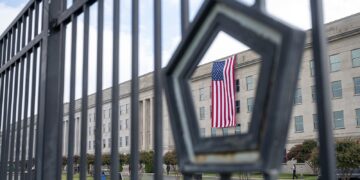
Featuring Jennifer Kavanagh
July 3, 2025
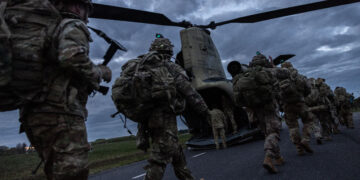
July 2, 2025
Events on NATO



